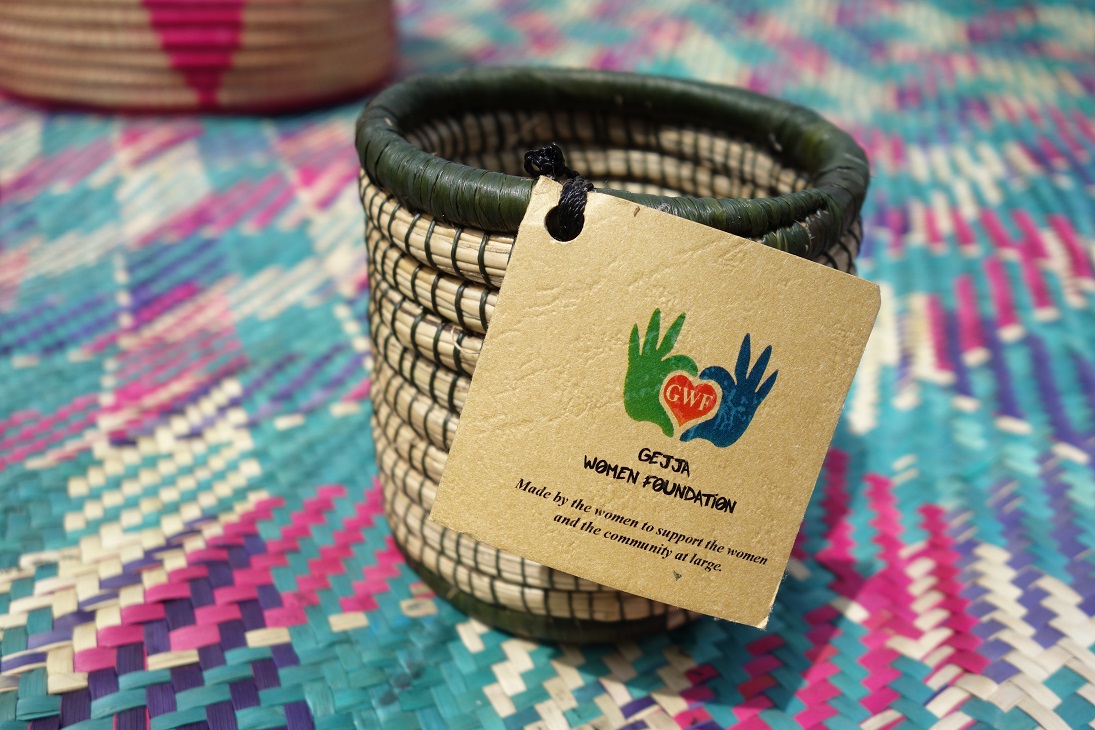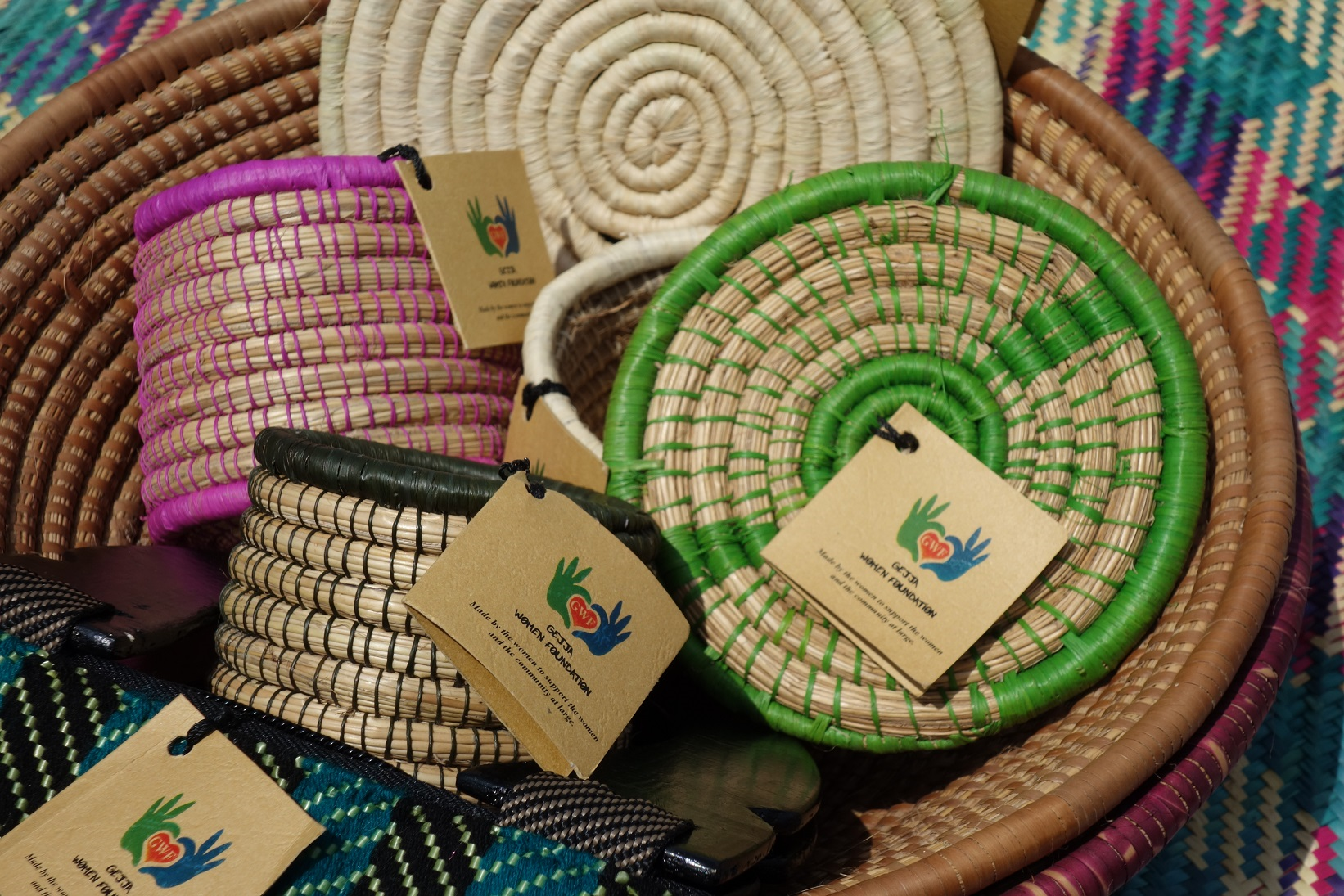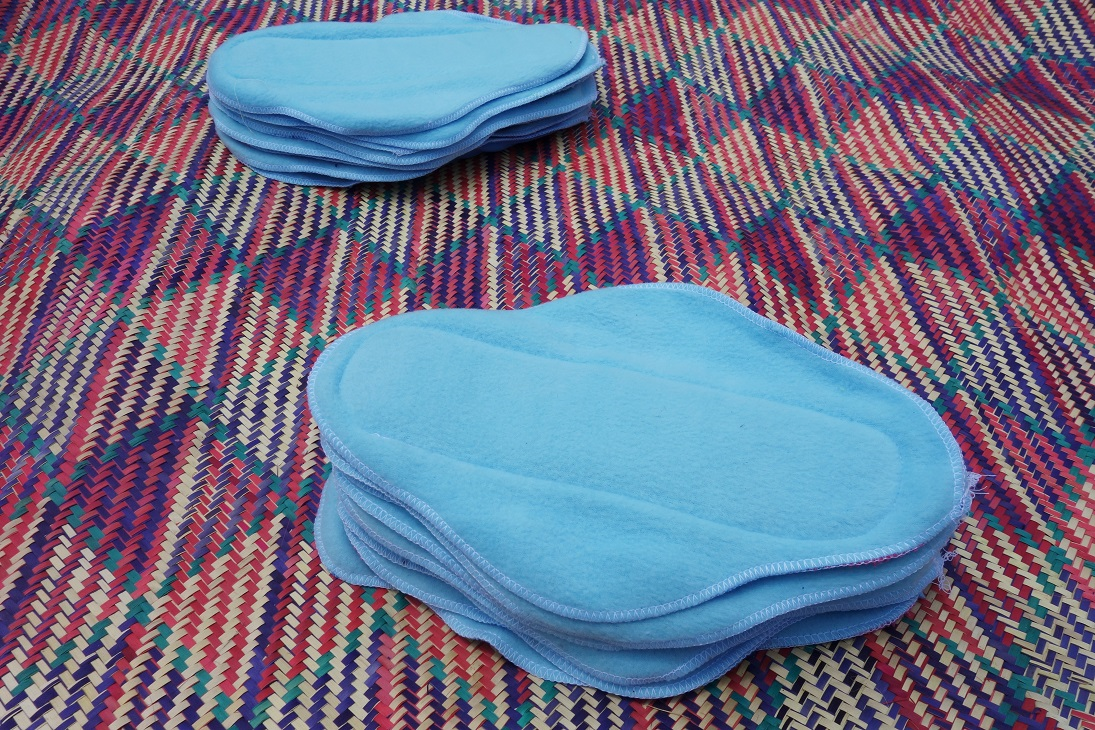For countries and communities to thrive, they need to ensure that every person is empowered and equipped to fulfill their potential. In Uganda, Marjorie Atuhurra, founder of Gejja Women Foundation is working tirelessly to ensure that other women and young girls are given the opportunity to become fully participating, independent and contributing members of society.
LoA found out more about this enterprising woman making a difference to the lives of others.
What does your company do?
Gejja Women Foundation empowers marginalized women, widows and teenagers. We do this by providing educational support to school dropouts in rural areas of Uganda and by conducting personal hygiene training for young women. We specialize in menstrual hygiene, producing reusable sanitary pads that we distribute around the country so girls can always comfortably attend classes using their pads when they get their periods. We are mentoring and helping local women to start up their own businesses in crafts, growing mushrooms, and wine production, and we have recently launched a permaculture campaign that emphasizes the growing of vegetables.
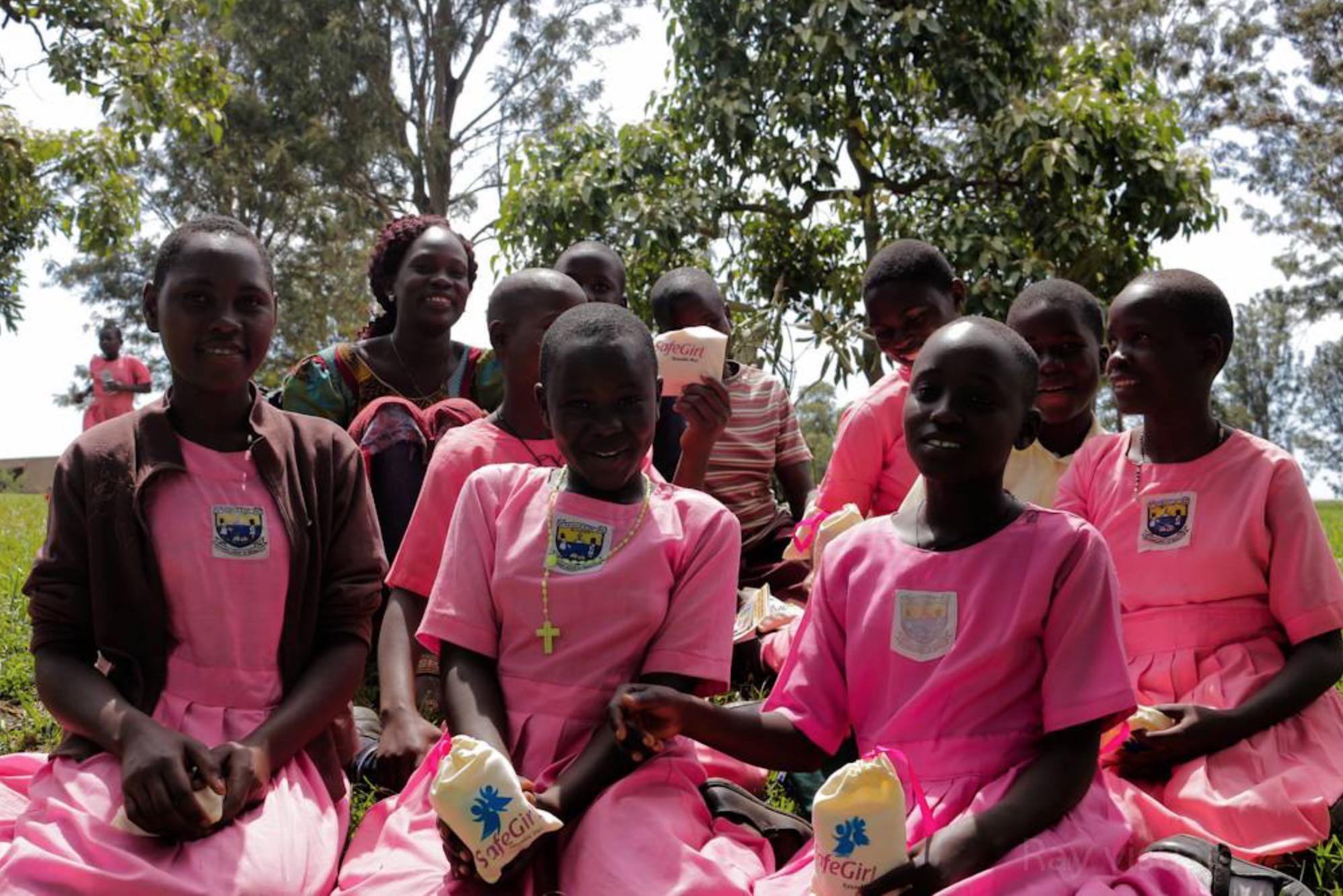
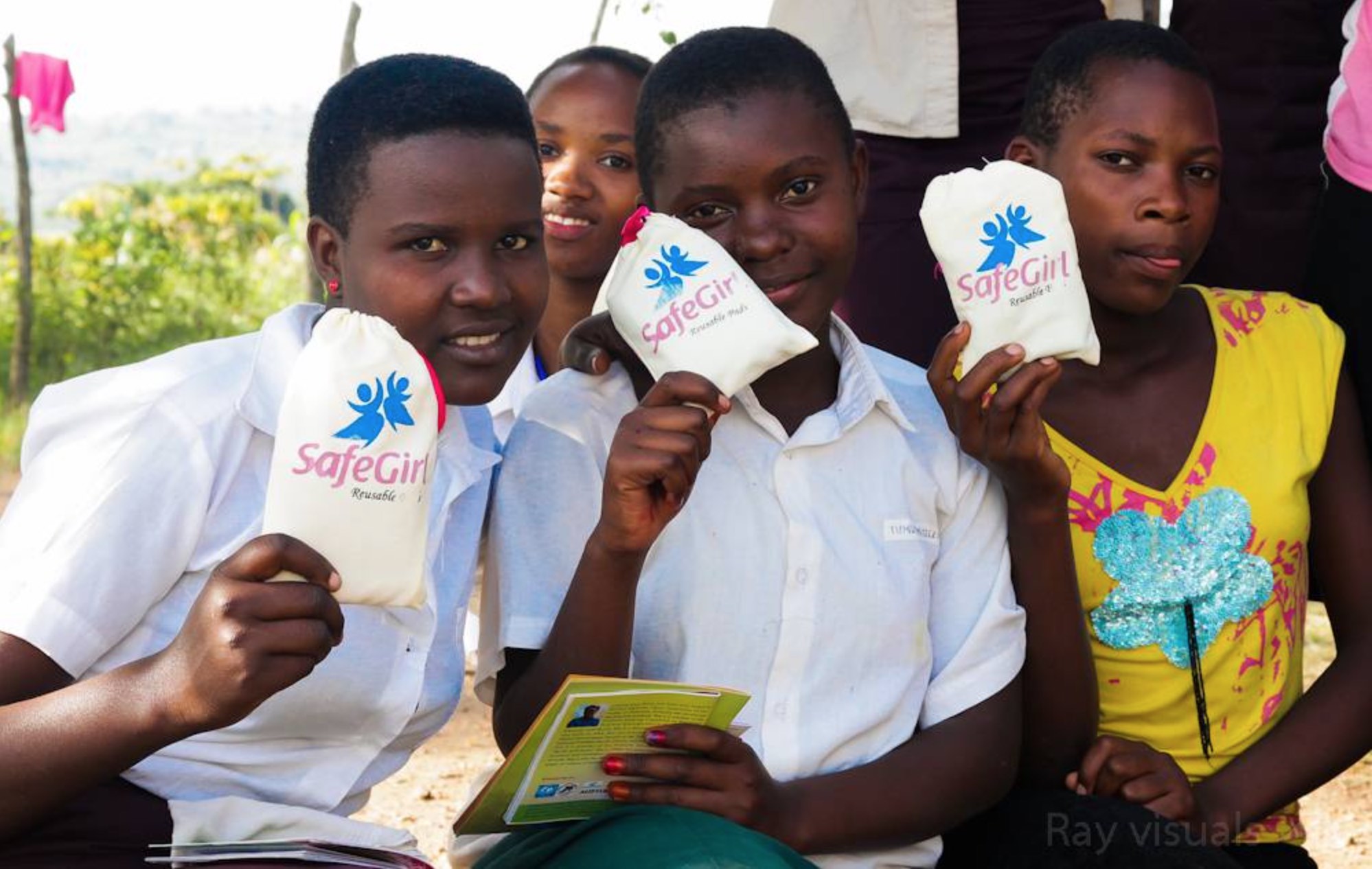
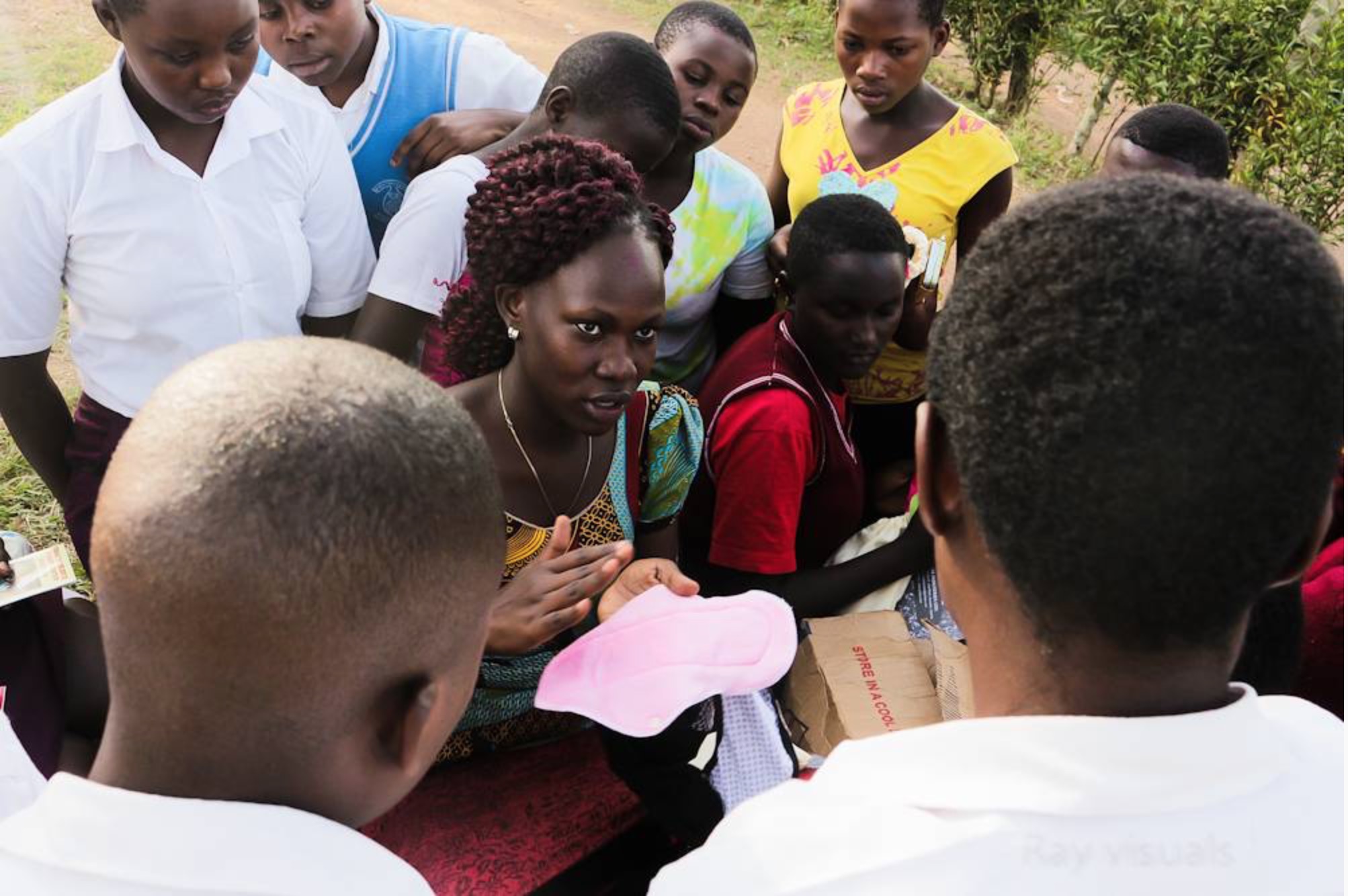
"Women in Uganda have an urgent need for empowerment. They are underprivileged, and they still cannot always speak for their rights."
What inspired you to start your company?
Growing up in an unloving and poor family, I didn't have the chance to be self-sustainable. I was born to two children - my father was sixteen and my mother only fourteen years old when they had me. My parents weren't married and my father refused to take care of me; I was seen as a burden. I did not feel like I had a family. My own personal history drives me to help other people become self-reliant. I decided it was time to give other women the chances I had not been given in life. And seeing how people struggle to sustain themselves inspired me, too. The ubiquitous dish of posho and beans that people eat every day is too little. Some girls even feed only on posho. So I wanted to provide vegetables for them, on a basis of self-sustainability. And it's also about addressing stigmas and equality. We would like to open the eyes of men and women to the stigmas around menstruation. We don't need equality alone, we also need equity. I know a girl that couldn't afford tampons, so she used banana leaves. I have seen girls that even use dirty rags. This is why I use my personal experience to produce reusable pads most people can afford. I may not have travelled the world, but impacting the life of at least one rural person that can give a testimony when I'm not there, that's my goal.
Why should anyone use your service or product?
Women in Uganda have an urgent need for empowerment. They are underprivileged, and they still cannot always speak for their rights. We offer to help them become themselves, to sustain themselves, to take care of their bodies. We provide employment and we can turn them into leaders. Women are core pillars of a family. They need to have their freedom, and we help them to be free, to be happy, and to be safe. When they have all that, even the community will benefit because a woman who is able to speak for her rights is a catalyst, a change-maker.
"I may not have travelled the world, but impacting the life of at least one rural person that can give a testimony when I'm not there, that's my goal."
Tell us a little about your team
We have an international team of six people. We have a lady responsible for menstrual hygiene and anything that has to do with the reusable sanitary pads. We have a project manager who works along with our strategic analyst and advises the team. Our sponsorship programme is a department on its own as well. And one gentleman controls anything that has to do with our women startups. And then there is me. We all come together regularly for meetings.
Share a little about your entrepreneurial journey. And, do you come from an entrepreneurial background?
I don't come from an entrepreneurial family, so all the knowledge I have today I had to acquire myself. At the age of twenty-one, I joined Social Innovation Academy (SINA) in Mpigi, Uganda as a facilitator trainee. Here, I transformed myself into an entrepreneur. I employed women who made crafts to sell them around town. I would give them a small credit so they could inject it in their work and get running. It was at SINA where I learned how to run a business and how to be responsible for it. In 2015, I launched Gejja (Literary “grow big” in Luganda). So far, we have worked with 135 women directly and impacted about 20,000 people in Uganda.
"Women are core pillars of a family. They need to have their freedom, and we help them to be free, to be happy, and to be safe."
What are your future plans and aspirations for your company?
In 2017, Gejja launched an initiative against stigmas around menstruation, and we have now begun to work on larger scales. We would like to create a Gejja centre in central Uganda where everyone can feel at home. Gejja wants to provide the biggest permaculture centre and to become the leading institution for mentrual hygiene services. Right now, we are planning to look beyond Uganda and expand into the entire East Africa region within five years from today. Also, we are looking for international partnerships.
What gives you the most satisfaction being an entrepreneur?
Having a goal, a place where you want to be, that's the best thing. I started working on my dream when I was 21. This drives me every day. And I face a lot of criticism from society, because at Gejja we address controversial issues that society has put in our heads. Even my relatives think I can't do anything. This encourages me more than setting me down. I want to speak where people think they cannot stand and speak.
What's the biggest piece of advice you can give to other women looking to start-up?
If you want to do business, leave that shell that you have been in. Get up, use your personal experience and start working on it. You have to leave your comfort zone, and you can find more than you expect. If you stay within your perceived limits it will not work. So don't settle for what you have – instead, set a goal. And I think it's best to go together. I am not going alone, but I'm going with my fellow girls and women.
Contact or follow Gejja Women Foundation
WEBSITE | FACEBOOK | EMAIL angellamajo35@gmail.com
Why LoA loves it….
The world needs passionate, committed and game-changing women social entrepreneurs who see a challenge or a problem that needs addressing and find the solution. Marjorie Atuhurra, founder of Gejja Women Foundation, is one of those dedicated social entrepreneurs who is making a real difference to the lives of others, giving women a voice and a chance at economic and social freedom. --- Melanie Hawken, founder and editor-in-chief of Lionesses of Africa





